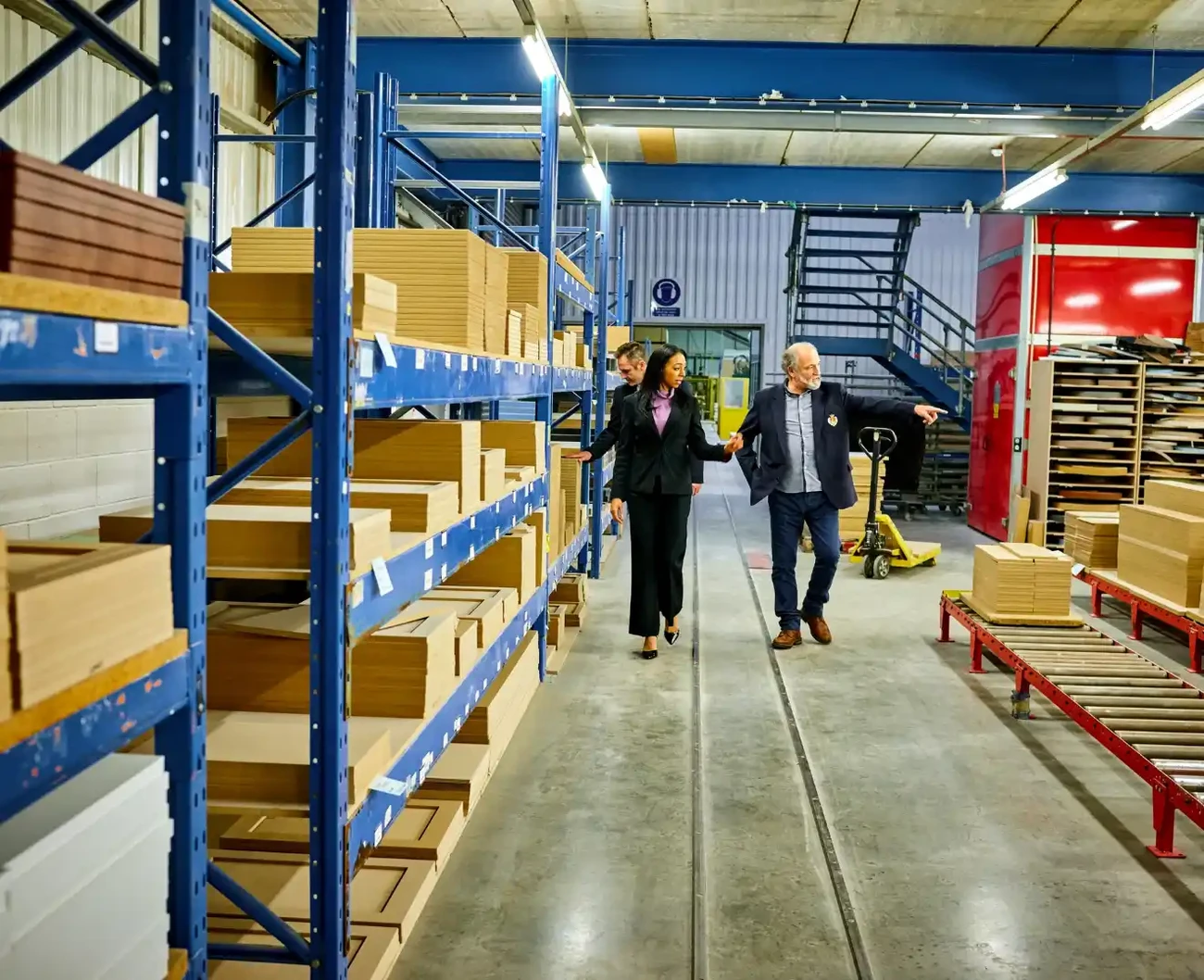Thursday, 20 March 2025
The Importance of Mastering Customer Demand in Times of Uncertainty

The global market is under immense pressure. Health and climate crises, armed conflicts, trade wars, and rapid technological development—The upheavals that have taken place over the past five years are unparalleled. These developments directly impact consumer and business demand, compelling manufacturers to adapt in order to remain competitive.
However, the question remains: How can companies effectively manage the rapidly evolving behaviors and needs of their customers? The answer lies in mastering customer demand—that is, the ability to forecast, analyze, and respond to it effectively. This article will explain why this ability is crucial.

What Uncertainties Can Influence Customer Demand?
While businesses may not always be able to influence the factors that weaken the market, they do have the power to navigate uncertainties that shape customer behavior. These uncertainties are numerous:
- Economic uncertainties: Manufacturers are subject to the fluctuations of economic growth and fiscal policies within their operating regions. Interest rate and currency exchange variations, along with global upheavals, directly influence local demand.
- Political uncertainties: Political instability, trade policies, and regulations (fiscal or labour-related) in the regions where companies operate also impact customer behavior.
- Environmental uncertainties: Extreme weather conditions can disrupt supply chains and increase raw material costs. In the same way, the implementation of new environmental standards can influence production, manufacturing costs, and customer demand for eco-friendly products.
- Market uncertainties: The market itself is a source of disruptions, from the rapid pace of technological advancements to shifts in competition and changing consumer priorities. Companies that are expanding into new markets must be prepared to adapt to different demand behaviors than they have previously encountered. Adapting their offerings and production strategy, volume, and processes is essential.

Mastering Demand Means Mastering Costs
Whether operating on a Make-to-Order (MTO) or Make-to-Stock (MTS) model, businesses benefit from accurately forecasting customer demand. The following five key reasons substantiate this claim:

Are your stocks under pressure? Is demand hard to predict?
We covered all this in a must-see webinar (in French). Catch the replay to discover practical strategies for managing forecasts and inventory effectively in a chaotic environment.
Businesses Can Master Demand, Regardless of Their Profile
The ability to forecast and manage demand is essential for both Make-to-Order and Make-to-Stock companies. This mastery enables businesses to adapt their inventory management strategies based on demand patterns.
Regardless of the manufacturer's operational strategy, whether characterized by brief or extensive lead times, a comprehensive product range or modest to substantial inventory volumes, accurate demand forecasting guarantees the maintenance of optimal inventory levels, even during periods of demand fluctuations. This skill is crucial for achieving success in volatile market conditions.

In unstable economic times, productivity cannot be left to chance. Managing customer demand is not just about sales or procurement; it is a key factor in a manufacturer's long-term success and growth. Accurate forecasting and agile adaptation reduce losses, optimize resources, and drive strategic decision-making.
At Talan, we assist Quebec-based manufacturers in addressing these challenges. In a time of constant change, we help businesses transform uncertainty into opportunity, making productivity the foundation of their strategy. Investing in effective demand management today ensures a lasting competitive edge for tomorrow.
Related topics










